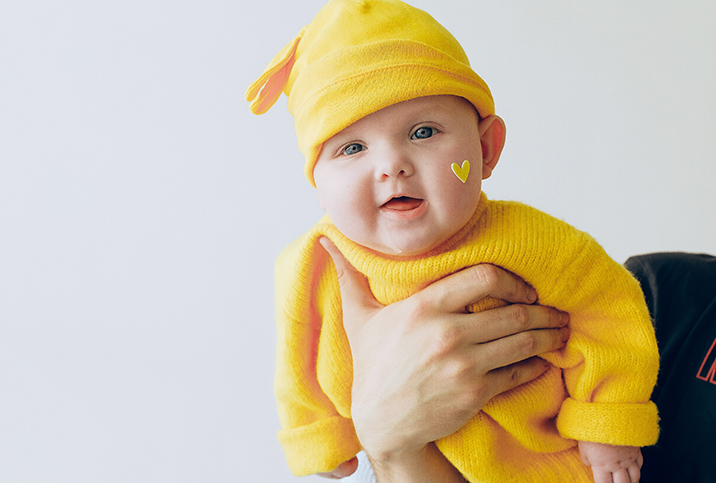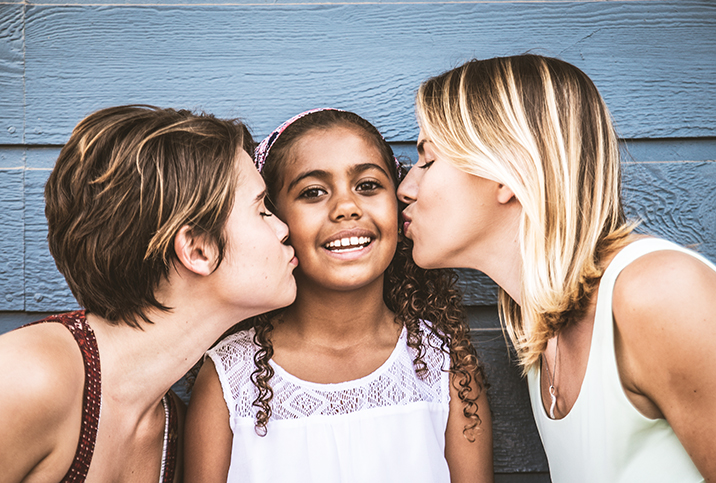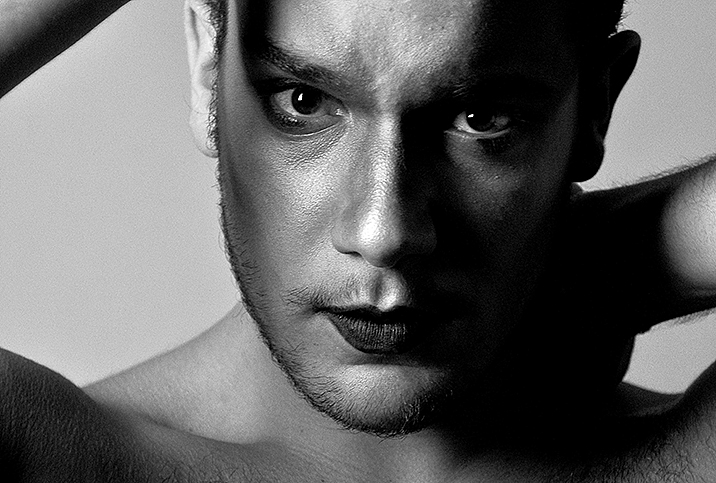Not Sure You Want to Be a Parent? Let a Pro Help You Decide

Becoming a parent changes everything. Overnight, it shifts your focus from scoping out cool brunch spots to keeping a tiny human alive. It can also redefine your connection to your body and transform your relationship with your partner.
Wondering if and when to become parents is nothing new. But what was once an established societal expectation is a choice—one that’s increasingly being explored in podcasts, novels and the offices of therapists who treat “parenthood indecision.” (Yep. It’s a thing. With a name.)
“Parenthood is no longer automatic,” said Suzanne Burger, Psy.D., a therapist based in White Plains, New York, who specializes in life transitions including deciding whether to become a parent. The number of births in the U.S. declined by 7 percent in the nine months following the initial COVID-19 lockdowns, according to reports from CBS News. And that’s on top of the pre-pandemic trend of fewer people choosing to have kids, a 2019 study by the Institute for Family Studies found.
For those people who aren’t sure they want to bring another human into the world, parenthood indecision therapy can help. This type of therapy—and online motherhood and fatherhood clarity courses—can help people identify and evaluate the complex dynamics that play into making this kind of major life decision. “The process is about paying attention to your response to the idea of having children and deepening the conversation via open-ended questions that get at each partner’s hopes and fears,” Burger said.
Oftentimes, acknowledging and validating your fears or those of a partner can go a long way toward forging a path to the clarity needed to make a decision.
This kind of therapy also encourages participants to examine factors that might influence their feelings related to parenthood, such as expectations set up by family members, cultural traditions and even childhood ideas of what they think adulthood should look like. “Conversations about parenthood decisions often involve discussions about social, political, environmental and relational influences,” explained Jessica Byrd, LCSW, a therapist in Tempe, Arizona. And these external influences can become so strong that they can make it hard for potential parents to drill down to what they want for themselves.
Another component of parenting indecision therapy is pinpointing obstacles that might be making it hard to come to a decision. These can include fears about body changes or wondering how a relationship might be different once there’s less time and more responsibilities—all of which are valid concerns but ones that need to be unpacked.
“Worries about how your body might bounce back or how your relationship will be affected after becoming a parent could be pointing to something deeper that needs to be addressed, such as past trauma or problematic relationship dynamics," Byrd said.
Oftentimes, acknowledging and validating your fears or those of a partner can go a long way toward forging a path to the clarity needed to make a decision. In parenting indecision therapy, “there are usually several conversations that explore hopes, fantasies and needs, before asking ‘What are we going to do?” Burger said. “The goal is to deepen the conversation, not rush toward the outcome or a solution.”
But does it work? Well, that depends. Therapy functions around the principle that you get back what you put in. If you’re considering parenthood indecision therapy, you—and possibly your partner if you have different points of view—need to be willing to do the work of digging deep into your authentic feelings and listening hard. Ultimately, Burger explained, this therapy can help elucidate what you really want, which may or may not be parenthood.
Of course, it also can lead couples to recognize they might not be after the same thing at all. But, Burger said, "that’s a kind of answer, too."

















